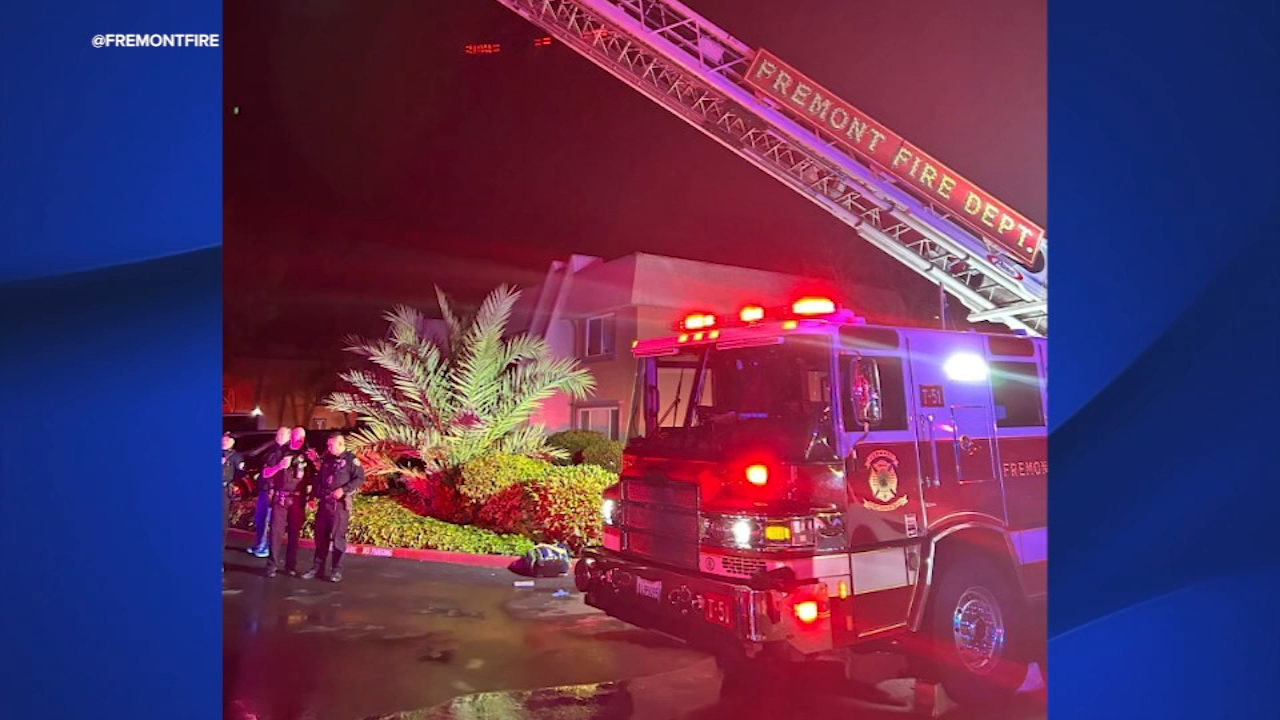Experts look for a cause after dead baby whale washes ashore in Rodeo


CONTRA COSTA COUNTY, Calif. (KGO) -- Investigators with the Marine Mammal Center are in Rodeo Wednesday night, looking for what killed a baby whale that washed ashore in San Pablo Bay.
Bill Bishop may have been the first to see the whale floating in some pilings near the boat dock when he came out at 7:30 Wednesday morning.
RELATED: Whale surfaces right next to kayakers in California's Humboldt County
"I said that looks like a boat or something, got closer and thought, that's a whale!"
It didn't take long for word to spread and the curious like Timothy McEnge to come down.
"It's something I'm not going to see again in my life pretty much, so I had to come check it out."
The one-year-old male grey whale had become lodged at the bottom of a boat ramp. Some folks wanted to get close.
We watched as one man got too close, balancing precariously on the floats around a piling to touch the whale's remains, while bystanders talked about the odds of him falling in and swimming with the whale.
He luckily did not fall in.
Lewis Porter of Rodeo and his daughter Tiffany kept a respectful distance as they studied the remains.
"She's in kindergarten and we're just taking pictures so we can do a little thing at school on it."
But, shortly after those pictures, a rising tide did its thing and washed the remains about 75 yards downstream. Soon after, experts from the Marin based Marine Mammal Center arrived on scene.
Dr. Padraig Guignan, Chief Pathologist at the Marine Mammal Center says their work on finding the cause of death is just beginning.
"It's hard to tell exactly what happened to it right now because it's in a dangerous location for us to go to."
It's the third grey whale to wash ashore in the Bay in the past month. The Mammal Center theorizes that more whales are migrating north from Mexico to Alaska. The greater numbers mean a tougher search for food, and the young ones are the first to suffer.
"The animals that are not going to survive in those situations are the younger ones who are less experienced, less able to find food, and food can be patchy distribution. The older ones know where to go, the younger ones don't," Guignan said.
Marine Mammal Center technicians tied the whale to the shore to keep it from floating away. Thursday they will come back with a boat to tow it out to Angel Island to perform a necropsy.
See more stories, pictures, and videos about whales.






